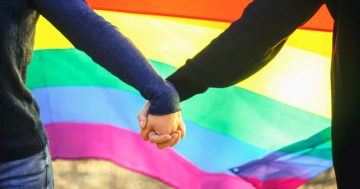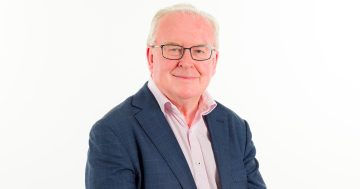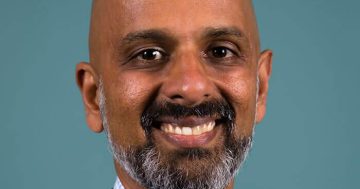 The Australian Human Rights Commission (AHRC) is calling for significant changes to the law to protect the human rights of intersex people.
The Australian Human Rights Commission (AHRC) is calling for significant changes to the law to protect the human rights of intersex people.
President of the AHRC, Rosalind Croucher said the Ensuring health and bodily integrity: towards a human rights approach for people born with variations in sex characteristics Report was about putting into place better protections for children who did not have the legal capacity to make life altering decisions for themselves.
“This Report is the culmination of over three years of extensive consultations, including with people born with variations in sex characteristics, who have strongly advocated for their right to life, bodily autonomy and integrity,” Professor Croucher said.
“The Commission’s Report reinforces the notion that people born with variations in sex characteristics have a right to make decisions about any medical intervention on their own bodies,” she said.
“This includes children and younger people – who deserve to have their views heard, and to be empowered to participate in decision making regarding any medical procedures on their bodies.”
Professor Croucher said the AHRC’s 12 Report recommendations aimed to ensure that only medical interventions which were medically necessary could occur without the consent of people under the age of 18, consistent with international human rights law.
“The Commission proposes better oversight and approval mechanisms, requirements for ensuring informed decision making for parents and children, a limiting of the circumstances in which an intervention may occur without the consent of the person affected, and stronger consequences where these requirements are not met,” she said.
“The reforms set out in the Report will ensure the medical profession and wider community have the guidance they need so intersex people can live their lives with the dignity and autonomy they deserve.”
The AHRC President said the Report’s recommendations proposed a substantial change from the current framework and, while this would have its challenges, it was the best way to guarantee the human rights to health and bodily integrity of people born with variations in sex characteristics.
Professor Croucher said people in the intersex community too often experienced stigma, shame and a lack of sensitivity and awareness due to no fault of their own.
She acknowledged that these issues were difficult, emotional and complex — “and that clinicians and parents are taking the action they believe is best for their children and patients.”
“This project was led by the former Human Rights Commissioner, Edward Santow, and I thank him and his team for their efforts in conducting the project on the Commission’s behalf,” Professor Croucher said.
The AHRC’s 188-page Report can be downloaded at this PS News link.










